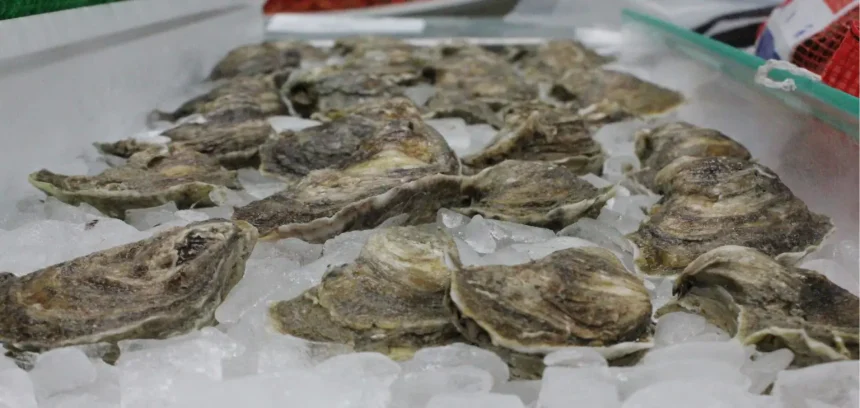The Nature Conservancy in Mississippi is launching Save Our Shells (SOS), a pilot oyster shell recycling program, on March 25 at the 7th Annual Gulf Coast Oyster Cook-Off Festival at Point Cadet Plaza in Biloxi.
The SOS program provides the community an opportunity to give back to the environment while protecting a valuable natural resource. It is estimated that the SOS program could collect hundreds of thousands of recycled oysters in the first two years to be put back into the Mississippi Sound.

Recycling used oyster shells is an effective use of natural material that can be placed in the water for oyster larvae to grow on and produce new oysters. This effort will also support the local fishing community as well as local restaurants. Shells collected by local coastal restaurants will be set aside and later collected for the SOS recycling program.
Local entities such as White Pillars, the Beau Rivage, Keg and Barrel in Ocean Springs, along with the Mississippi Coast Shrimp Basket locations are on board to recycle oysters in support of this program.
“The main reason that we’re interested in participating in the SAVE OUR SHELLS recycling program is sustainability. It’s important to us, especially in the Gulf, we want to support the ecosystem that supports us,” Austin Sumrall, Owner-Executive Chef of White Pillars Restaurant in Biloxi, said. “So, if there’s some small way that we can put something back that we’re taking out, then we know we’re going to have a little more longevity in our seafood.”
The Nature Conservancy and project partners aim to begin collection of oyster shells from coast restaurants starting in the spring of 2023. Collected shells are expected to be delivered to the Mississippi Department of Marine Resources where they will be processed, cured, and integrated into restoration activities.
“It’s very straightforward — take the actual oyster shell and reuse it to help restore the very resource it’s providing. We are learning from the other successful programs like this in other states, to make this a viable long-term program for Mississippi,” Alex Littlejohn, State Director of TNC Mississippi, said.
The SOS pilot program has two phases. The first part of the project will analyze of the oyster shell recycling program’s economic and operational sustainability to determine how an oyster recycling program can be sustainably implemented in Mississippi.
Phase two of the project is to begin implementation of shell collection. This includes working with restaurants to collect oyster shells, calculating how many shells are collected over time, and beginning the process of curing that material and preparation for restoration.
The SOS program will be introduced around 1:30 p.m. at the Gulf Coast Oyster Cook-Off Festival, which will be held from 11 a.m. to 8 p.m.







